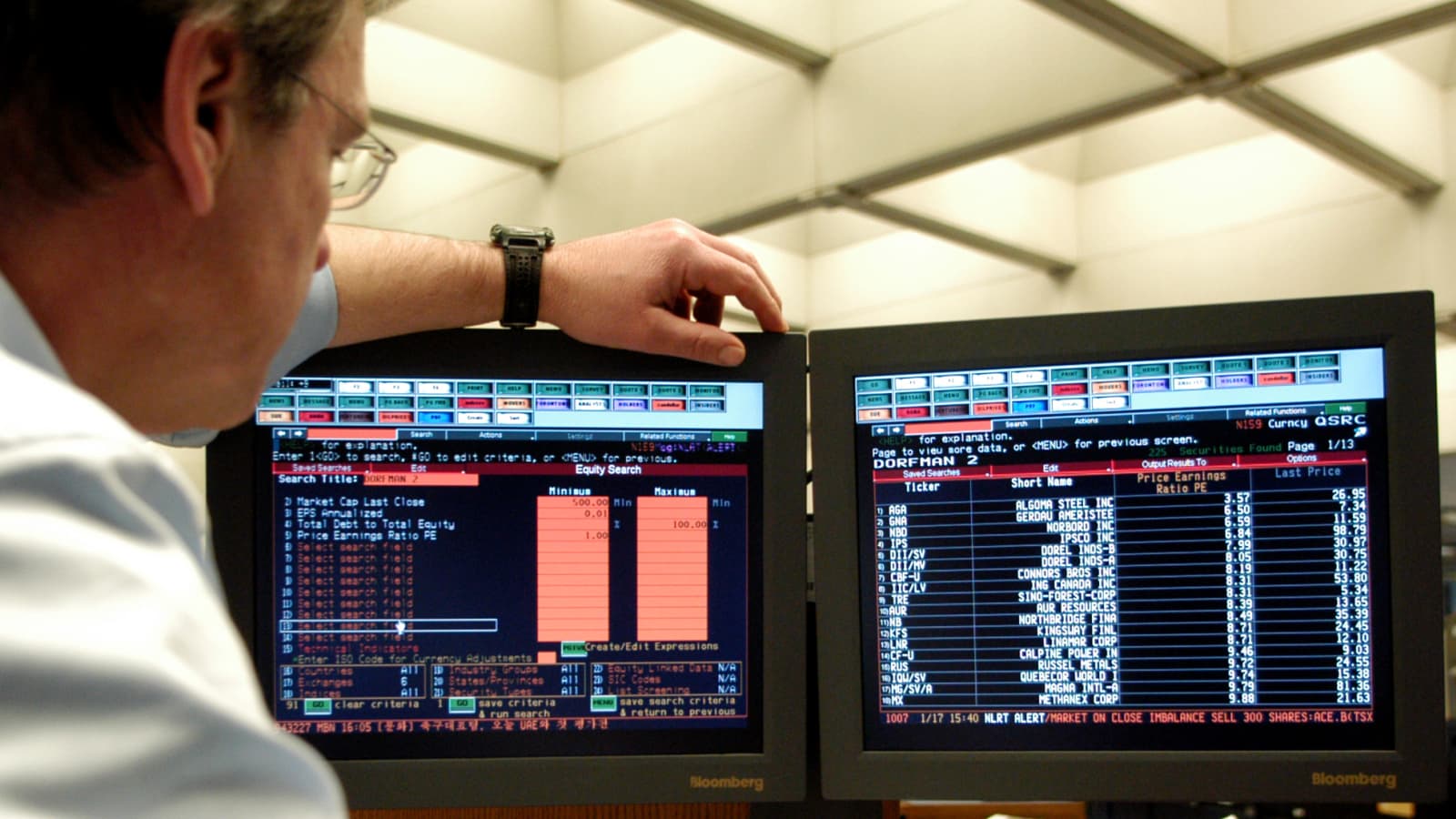It’s been a relatively calm start to trading this week, with Europe a mixed bag at the close and the US a little lower.
The weaker Chinese figures overnight will be of some concern at a time of slowing economic activity around the world. Still, as has been the case so often in recent years, the lockdowns will have heavily distorted the data. With lockdowns priced in to an extent, the key will be how quickly restrictions are lifted and then how well the economy bounces back.
Stock markets have come under heavy pressure globally as central banks have been forced to become part of the problem rather than the solution, as has so often been their job in the past. We’ve become very used to easy monetary conditions but now we have a devastating combination of a cost-of-living crisis, looming recession, very high inflation and much higher interest rates.
And as we’re hearing so often now, policymakers understand the pain that households are feeling and will experience going forward but getting inflation back under control is the primary focus. Which means further pain ahead.
The BoE monetary policy report hearing reflected everything we’ve heard in recent weeks as the UK heads for recession and double-digit inflation. Bailey and his colleagues accept how bad the situation in the UK is and the scale of the task at hand but whether they’re doing enough to address it is hard to say. They were among the first to start hiking late last year but have still been criticised for starting too late.
Oil near recent highs after falling on Chinese data
Oil prices have recovered earlier losses that came in the wake of the Chinese figures. While lockdowns have been priced in over the weeks, the numbers were much worse than expected which weighed heavily on crude. While an EU ban on Russian oil suffered another setback as Hungary stood firm against it, the bloc is continuing to work on an agreement while Germany is reportedly planning to phase it out regardless, which could be helping to support prices today.
Oil is trading around $110, towards the upper end of where it’s traded over the last couple of months. China looking to ease restrictions could keep prices more elevated having contributed to them trading at more reasonable levels. A move above $115 in Brent would be interesting, with that having been something of a ceiling for rallies over the last couple of months.
Gold flat but remains under pressure
Gold is flat on the day after slipping this morning below $1,800 for the second time in as many sessions. The yellow metal has been very vulnerable to rising yields and a stronger dollar recently as central banks are forced into much more aggressive action. With the dollar remaining a hot favourite and pressure intensifying on central banks to tackle inflation, gold could remain out of favour for a while yet.
Bitcoin struggles at $30,000
An impressive rebound in bitcoin after breaking $30,000 may already have run its course, with the cryptocurrency giving up earlier gains to trade a little lower on the day. It’s spent a little time over the last couple of days above $30,000 but it is struggling to hang on to them. That doesn’t bode well at a time of risk aversion in the markets and such negative coverage of stablecoins following the Terra collapse. There may be more pain ahead.





































